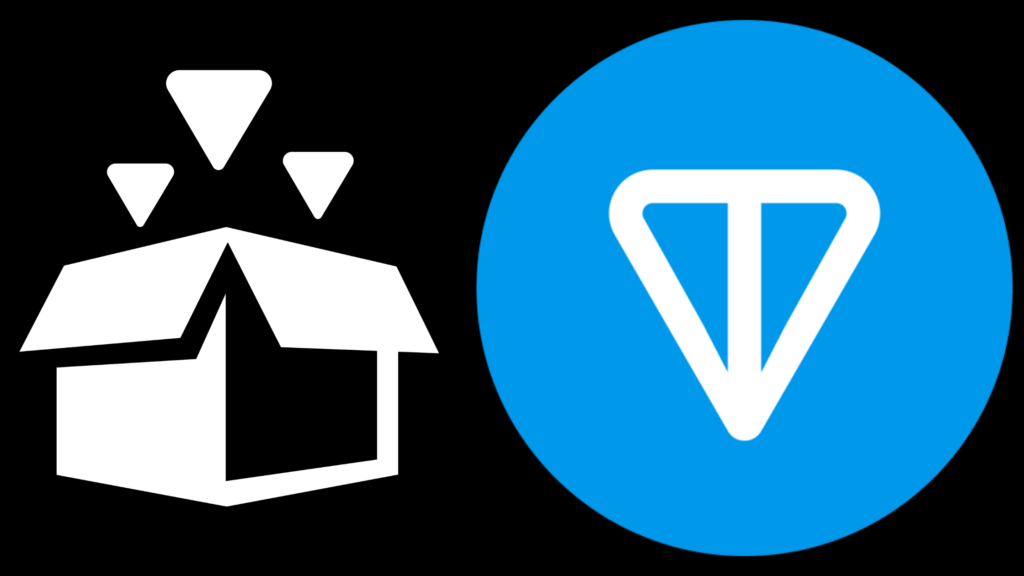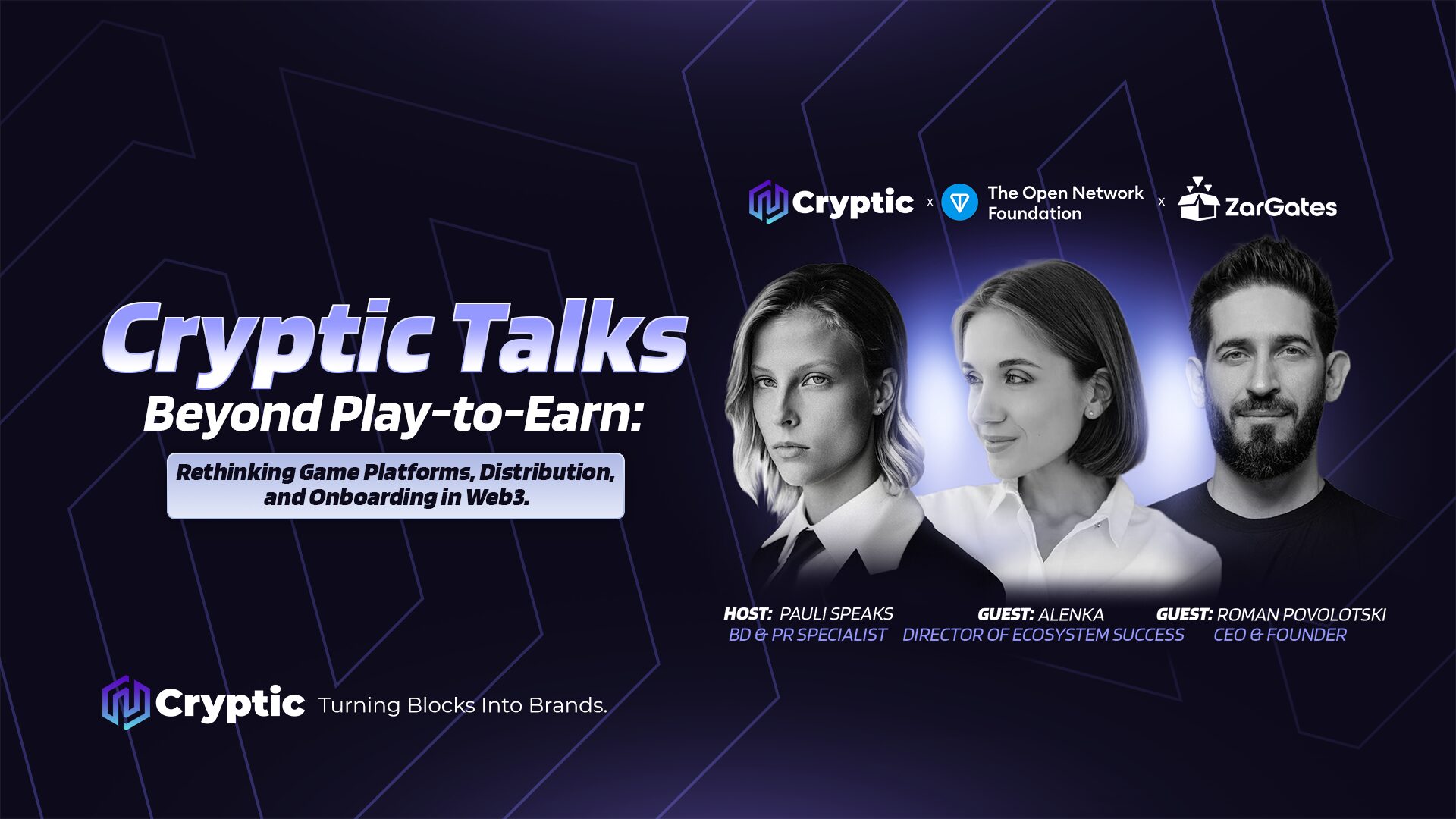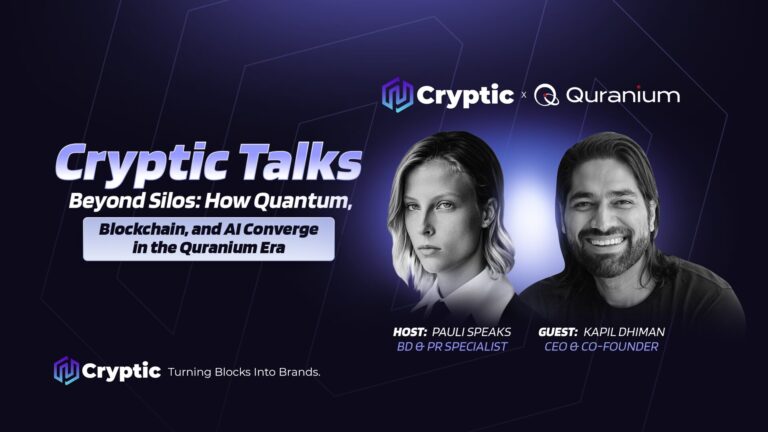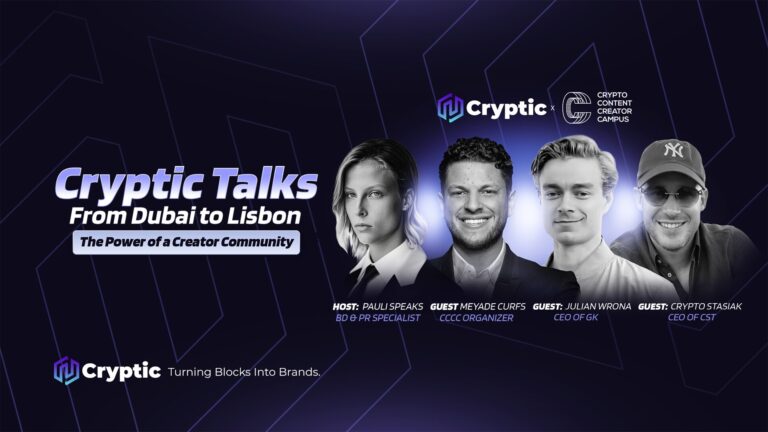The world of Web3 gaming is rapidly evolving, driving new forms of interaction, digital ownership, and innovative economic models. In this discussion, Alenka from the TON Foundation and Roman, CEO of Zargates Studio, share their insights on key topics such as tokenomics, the challenges of decentralized distribution, and Telegram’s emerging role as a strategic platform for connecting communities and creating engaging gaming experiences. Whether you’re a developer, investor, or enthusiast, this conversation offers a deep dive into the future of gaming beyond traditional paradigms.

Experts shaping the future of gaming
Web3 is fundamentally reshaping how we play, interact, and build communities around games. This revolution goes beyond technology; it is about creating experiences that truly engage and retain users within a decentralized digital world.
In this landscape, Alenka plays a key role as the Director of Ecosystem Success at the TON Foundation. With extensive experience supporting blockchain projects, she works closely with developers, providing resources and strategies to help their ideas gain traction and impact within the TON ecosystem. Her broad market perspective bridges technical innovation with real user needs. Meanwhile, Roman, founder and CEO of Zargates, brings a strong background in traditional game production, having led teams and projects before transitioning fully into Web3. Today, he focuses on transforming conventional games into immersive experiences that leverage blockchain to distribute value and create new forms of engagement. Together, they embody the blend of technical expertise and strategic vision necessary to shape the future of digital gaming.
Building the foundations: technology and platforms driving innovation
At the core of this new gaming era lies the technology that makes it all possible. The TON Foundation has positioned itself as a crucial player in this space, providing a robust blockchain infrastructure specifically designed to support the unique demands of Web3 games. With a strong emphasis on scalability and user adoption, TON offers developers a reliable and efficient platform where games can thrive without compromising performance or security. This infrastructure is not just about power but also about creating an accessible environment where innovation can flourish and developers can focus on crafting compelling experiences.
Complementing this infrastructure is Zargates, a studio and platform dedicated to bridging traditional gaming with the Telegram ecosystem. By leveraging Telegram’s massive user base and social capabilities, Zargates provides tools and support that help game creators onboard players smoothly and safely, fostering vibrant communities within the app. This approach helps developers reduce friction when introducing Web3 concepts and ensures that users can engage with new games in a familiar and trusted environment.
Together, TON Foundation and Zargates represent two pillars of the evolving gaming landscape. While TON focuses on delivering the backbone technology necessary for blockchain gaming’s growth, Zargates harnesses social integration and community building within Telegram to drive adoption. Their combined efforts demonstrate how infrastructure and ecosystem engagement go hand in hand to fuel sustainable innovation in Web3 gaming.
From gameplay to ownership: how blockchain is redefining the game
Web3 gaming brings a fundamental shift from traditional Web2 experiences by introducing true digital ownership and new models of motivation and reward. Unlike classic games where players invest time and money without retaining real control over in-game assets, blockchain technology allows gamers to own, trade, and monetize their items securely. This shift transforms players from mere users into stakeholders, creating stronger engagement and new economic possibilities within the gaming ecosystem. However, this new dynamic also requires rethinking how games are designed, balancing fun gameplay with meaningful incentives tied to decentralized ownership.
Despite the potential, the success of Web3 gaming heavily depends on attracting and integrating traditional Web2 gamers who are used to familiar experiences and instant gratification. Changing mindsets and overcoming skepticism remain key challenges, both for developers and players. Web3 projects must find ways to lower entry barriers, educate users, and demonstrate value beyond hype. Bridging these worlds demands careful design, accessible onboarding, and a clear vision that aligns the interests of gamers, creators, and investors in a rapidly evolving market.
Challenges of the past, solutions for the future: Web3’s transformative role
One of the clearest promises of Web3 in gaming is solving the persistent problem of true ownership. In traditional games, players spend countless hours and real money collecting in-game assets they can never fully own or move freely. Blockchain infrastructure changes this dynamic by giving users verifiable ownership of digital items and the freedom to trade them beyond a single platform. As Alenka highlighted, the TON blockchain has become a strong testing ground for this shift, thanks to its scalability and the native integration with Telegram’s massive user base, a combination that opens doors for smoother adoption and distribution.
Beyond ownership, Web3 offers solutions to old barriers around user acquisition and community growth. Roman emphasized how Telegram’s open ecosystem allows developers to build quickly and tap into a ready audience through familiar social mechanics, referrals, and NFTs that act as status symbols. From distribution to retention, the combination of blockchain tools with Telegram’s reach creates a new layer of possibilities that traditional Web2 models often struggle to deliver at scale. Together, these advances point to a future where games can launch faster, grow organically, and give players tangible stakes in the worlds they help create.
Telegram: the unexpected stage for the next generation of digital games
Throughout the conversation, both Alenka and Roman highlighted how Telegram has quietly evolved into one of the most promising launchpads for Web3 gaming. Roman pointed out that Telegram solves a crucial challenge for NFTs: visibility. It lets millions see, share and use digital assets like stickers and gifts in everyday chats, turning ownership into social status at scale. Alenka emphasized that the Telegram ecosystem combined with TON’s infrastructure gives developers instant access to a massive, active user base without the heavy costs of traditional app stores. Success stories like Pluto Studio and Lost Dogs show what is possible when lean teams test game ideas using simple tools like chat bots and forms, then scale up with viral mechanics, community referrals and real revenue streams in record time. For new builders and investors, the message is clear. Telegram is more than a messenger; it is a ready-made playground for Web3 innovation.
Opportunities ahead: build, innovate and grow in the new Web3 landscape
Looking ahead, Alenka and Roman left a clear message for anyone ready to take the next step: there has never been a better moment to experiment, test and launch ideas in the Web3 space. The combination of TON Foundation’s robust blockchain infrastructure and Zargates’ practical tools for bringing games to Telegram makes it easier than ever for developers and companies to tap into a growing ecosystem with real user traction. Both brands offer resources, mentoring and community connections to help teams validate ideas, reach their first players and grow sustainably. For those ready to transform an idea into a living, playable reality, TON Foundation and ZarGates open the doors to a new era of digital ownership and creativity. Visit their sites, explore the tools and get involved. The next wave of Web3 games is being built now.
Disclaimer: This article is based on an interview and reflects the personal views and opinions of the featured speaker. It is intended for informational purposes only and should not be considered financial, investment, or legal advice. Readers are encouraged to conduct their own research and consult with qualified professionals before making any financial decisions.



